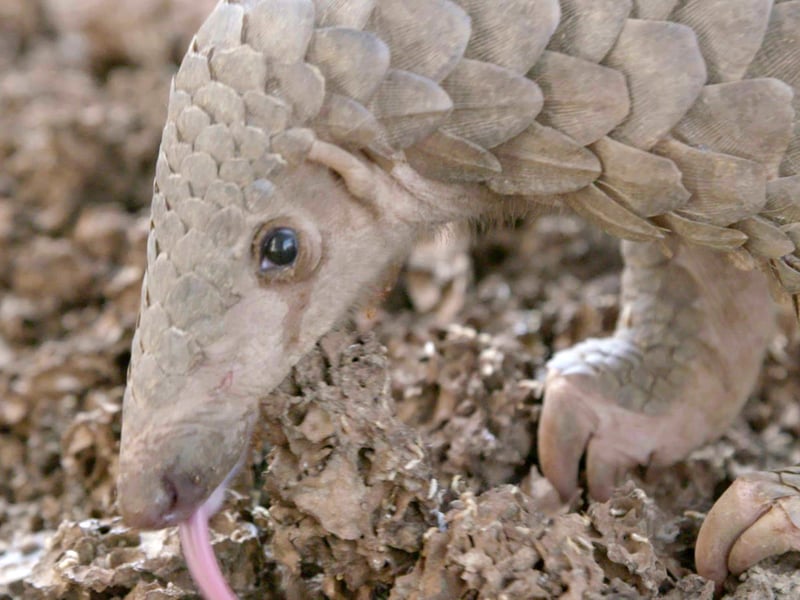
Gains for wildlife in Trans-Pacific Partnership’s environment chapter
News
Following more than 5 years of talks, negotiations for the Trans-Pacific Partnership (TPP) successfully concluded on Monday, October 5.
Negotiators from twelve Pacific Rim countries, including the United States, gathered in Atlanta, GA to announce what will be the largest regional trade accord in history. The TPP partner nations represent major consuming, transit, and exporting countries, meaning the agreement’s environment chapter presents a historic opportunity to address today’s growing animal welfare and conservation challenges.
According to the TPP summary released by the United States Trade Representative (USTR), the agreement’s environment chapter complements the Convention on International Trade in Endangered Species of Wild Fauna and Flora (CITES), and goes even further. It requires countries to take action to combat the illegal trade of wildlife, even species not covered under CITES, if the wildlife has been illegally taken from any country. This will require cooperation among law enforcement agencies and international borders and encourages more information sharing to combat criminal gangs involved in wildlife trafficking.
The chapter also includes enforceable obligations to combat the illegal harvest and timber trade and Illegal, Unreported, and Unregulated (IUU) fishing – a known contributor to ghost gear, and to prohibit some of the most harmful fisheries subsides, such as those that contribute to overfishing. It specifically addresses the need to promote the long-term conservation of whales, dolphins, sharks, sea turtles, and other marine species at risk, as well as the importance of protecting the marine environment from pollution from ships.
“The Trans-Pacific Partnership’s environment chapter presents a historic opportunity to strengthen international protections for wildlife, including marine animals and wildlife traded illegally” says Priscilla Ma, U.S. Executive Director of World Animal Protection. “We look forward to the agreement’s final text being published as soon as possible now that negotiations have concluded, and are encouraged to read in the summary that the environment chapter includes enforceable obligations to address wildlife crime, harmful fisheries subsidies, and the illegal harvest and timber trade, which are among the many severe challenges facing Pacific countries.”
Priscilla Ma added, “We applaud TPP governments for agreeing to take action to protect endangered and at-risk species, such as elephants and pangolins, through pioneering commitments to combat wildlife trafficking. We commend the Obama Administration's efforts, including those of the U.S. Trade Representative, to use all the tools available to combat illegal wildlife trafficking and its commitment to solving this crisis as a top-level priority. It is our hope that these efforts spur greater international action to protect wildlife through trade agreements and will make a real difference. TPP’s environment chapter stands to be an important step forward for global animal protection. World Animal Protection looks forward to working with the Administration to ensure that TPP delivers real-world benefits for the environment and wildlife.”
The illegal wildlife trade is now the fourth most lucrative transnational crime after drugs, arms and human trafficking. It is estimated to be worth between $10-20 billion dollars each year. The United States has grown into the second-largest market for illegal wildlife products.
World Animal Protection is a Member of the Trade and Environment Policy Advisory Committee (TEPAC), which advises the USTR on issues involving international trade and the environment. We are advocating for the strongest possible standards to protect wildlife in international policy and trade agreements.
“The Trans-Pacific Partnership’s environment chapter presents a historic opportunity to strengthen international protections for wildlife, including marine animals and wildlife traded illegally